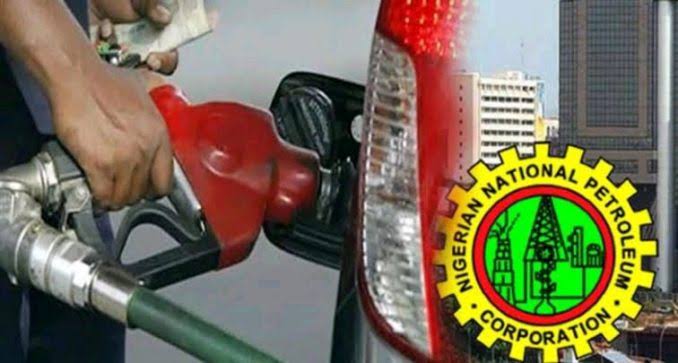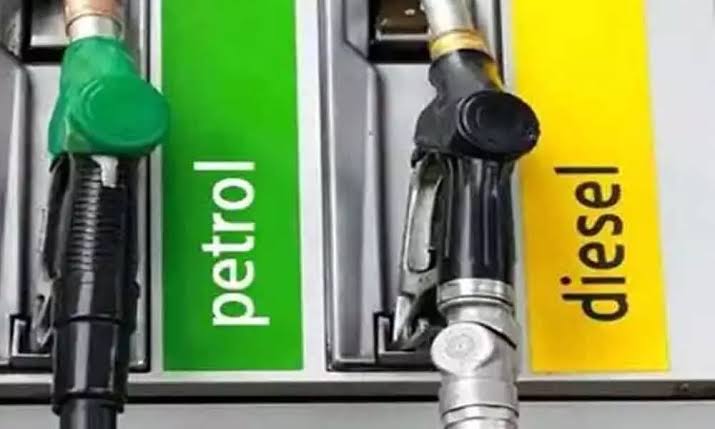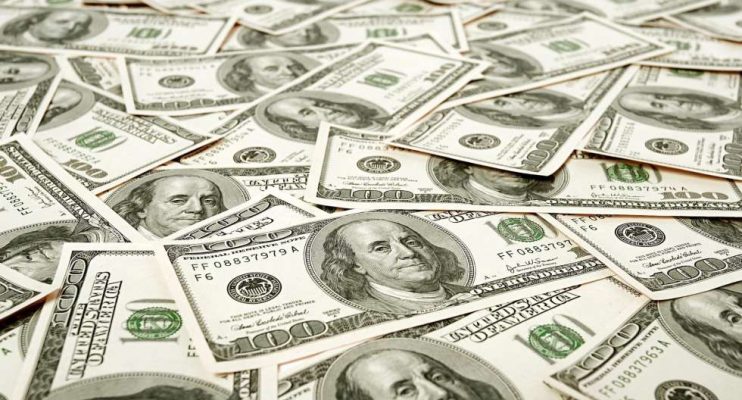As Nigerians continue struggling to get the Premium of Motor Spirit better known as petrol, oil marketers have maintained that the price of the commodity may hit N800 per litre when subsidy is removed from the product.
Last year, Minister of Finance, Budget and National Planning, Zainab Ahmed disclosed that the Federal Government would stop the payment of fuel subsidy by the end of June 2023.
While stressing the readiness of the FG to bring an end to subsidy regime in June, the minister recently called for the gradual withdrawal of subsidy on PMS.
Although oil marketers are on the same page with the government on this decision, they have advised Nigerians to be ready to buy petrol at over N800 per litre.
The government has also been advised to put all the necessary measures and infrastructure in place before implementing the decision to ensure a less stressful subsidy removal regime.
According to Mohammed Shuaibu, the Secretary of the Independent Petroleum Marketers Association of Nigeria, Abuja-Suleja (IPMAN), the fuel crisis in the country would worsen further if the government removes subsidy on petrol without putting appropriate measures in place.
He added that the current fuel supply crisis in Nigeria was not caused by marketers.
He said, “If the government fails to take the appropriate measures, and they say they want to remove fuel subsidy, the situation will be worse than this, the masses will suffer. How can you remove subsidy and you don’t have this product (petrol).
“If the government removes subsidy, where is the product? If you are removing subsidy, maybe by that time, the way diesel is sold at between N800 — N900/litre, we could be buying petrol at N800/litre, if not more than that.
“This is because the product will be scarce, even from the government cycle. So the government should tell Nigerians the truth about this fuel supply crisis. It is not a problem caused by marketers.”
Why fuel scarcity persists
Shaibu explained that black marketers are responsible for the scarcity of petrol across the country.
He said marketers are ready to sell anytime they have the product, but the law of demand and supply is the main reason the price of the commodity is currently high.
“As it is today, you have black marketers everywhere selling with jerrycans and you will ask, where are the security agencies and the regulators?
“By tomorrow they will claim that it is the fault of the marketers. How? We are businessmen and every businessman wants to make a profit. You know the law of supply and demand. When the product is scarce, prices will rise, and vice versa,” he said.
Shaibu further explained that the Nigeria oil sector was not structured for adequate competition.
According to him, this could pose challenges when subsidy is eventually removed.
Dangote Refinery may worsen fuel crisis
Contrary to the claim that Dangote Refinery, which is expected to begin operations by March 2023 in Lagos would address the fuel crisis after subsidy removal, the IPMAN secretary believes the refinery may worsen the situation.
He said unless there are other private refineries in other parts of the country, the refinery might exploit Nigerians because it has no competition.
“By the time you are removing subsidy, you should know that the market is not properly opened and there is no competition. They always tell you about Dangote Refinery. We must understand that Dangote is a privately owned company.
“The pipelines of that facility were not even designed to run in any Nigerian state, rather it was designed to run to neighbouring countries, and maybe that one in Lekki there, that is all.
“So, more or less, that refinery might still exploit us, because when there is no competition, the only supplier calls the shots. Had it been that as Dangote is producing in Lagos, another person is producing in Warri, while one refinery is pumping in Abuja, then there will be competition.
“We can see, for instance, the competition in the telecommunications sector today. But the government will continue to deceive us that Dangote Refinery will come on stream when we know that it cannot really solve the problem”, he said.
He emphasised that Nigeria should nothing completely rely on the Dangote Refinery because most of its pipes were laid to neighbouring countries to supply them with gas.




